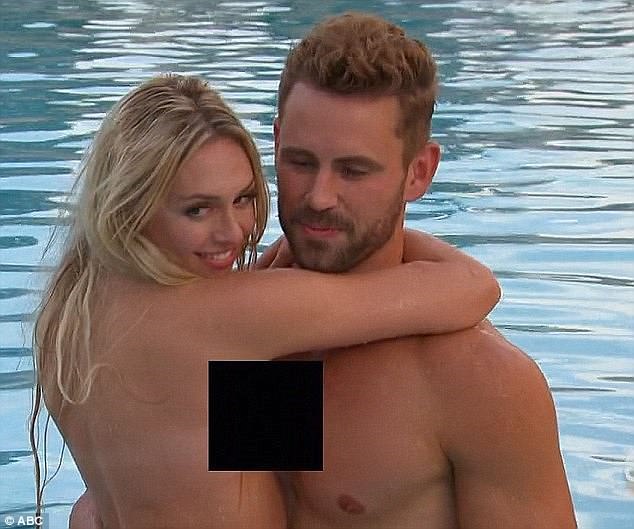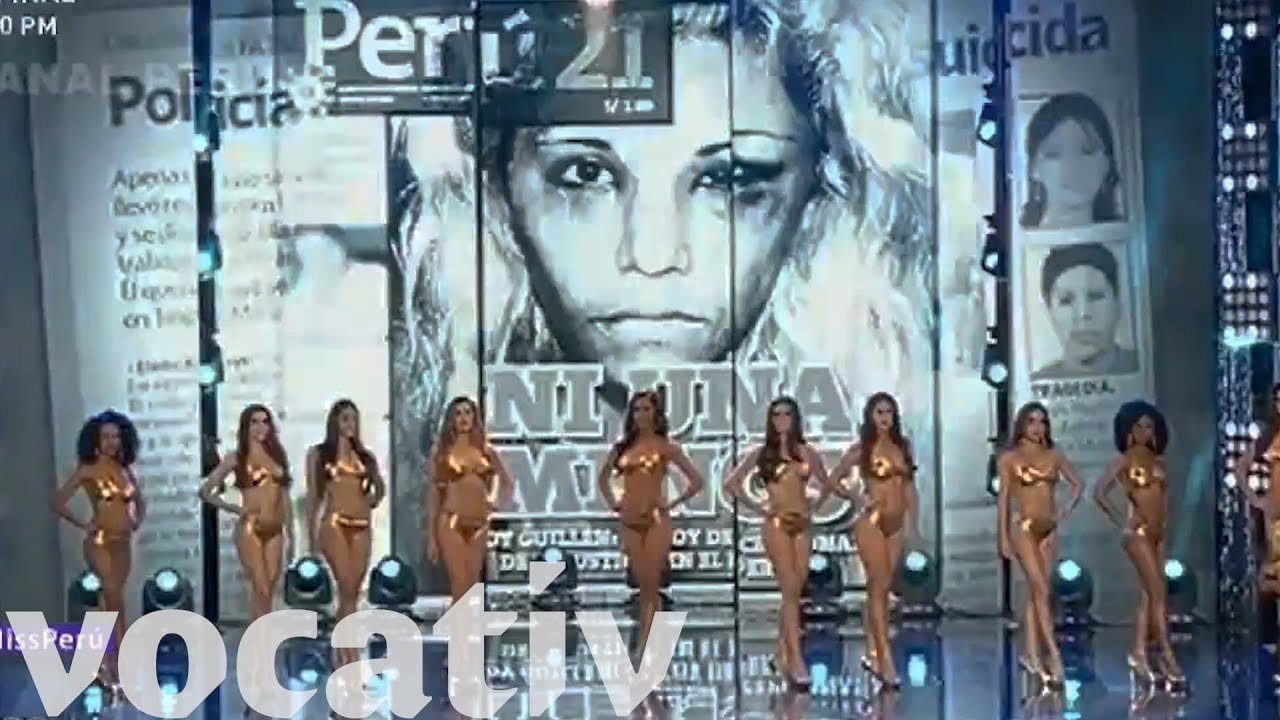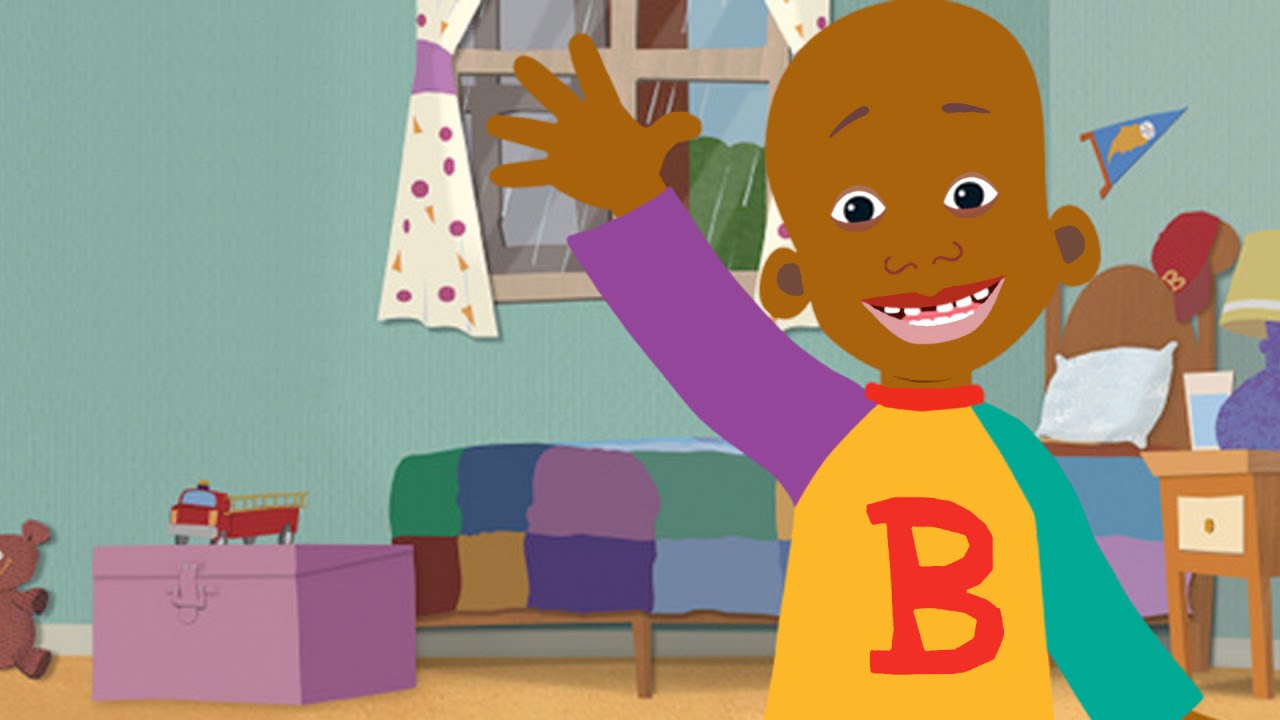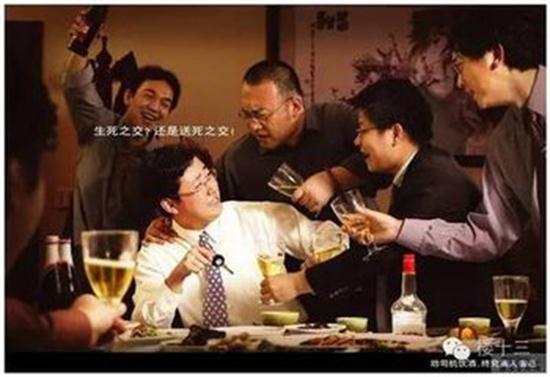
Whether you believe it or not, the drama that goes down on reality television is nothing short of a properly framed, and well-dressed spectacle, seemingly never ending and always replaced by a new scandal once resolved. The contestants or subjects of various reality shows are given the opportunity to show themselves to the world, you would expect that they would be on their best behavior (after all mom might be watching). This is usually not the case though, and the question must be asked: what compels these young and beautiful individuals to act so wild?
Step on set and you might answer that question for yourself. Morning to evening and even later, producers from reality TV programs—including but not limited to the Bachelor and related shows—will more often than not set up a fully stocked bar open to the cast members. The addition of alcohol to the factors that make the show definitely increases cast members’ willingness to let loose, to gossip, and to ‘make moves’ on other members. Especially with all the cameras rolling, many participants of reality TV have been grateful for the access to liquid courage to make the entire experience less awkward. Despite this, there are very serious ethical issues that arise when someone gets too drunk, and the presence of alcohol breeds the potential of individual being at risk of hurting themselves, someone else, or being taken advantage of. Should any of those things end up occurring, the impact on the individual is worsened by the fact that they may not even be able to remember it.

Producers use these situations to create a storyline for their show, after all it’s not entertainment if everyone on the island gets along well. The catalyst effect of alcohol makes it easier to develop unscripted drama, and this unscripted drama is pure gold to television producers. However, in some cases, this drama playing out on the show ends up being only a fraction of the chaos that ensues onset of a reality show. On the “The Bachelor” spinoff series, “Bachelor in Paradise,” contestant Chad Johnson was kicked off right as the show began for blacking out, making out with a cast member, and verbally assaulting another. That night he was left passed out on the beach, after which none of the show’s staff or producers did anything to help get him to bed, and he discovered how he had acted the night before only upon finding out he was no longer allowed on the show for disrespecting a disabled mast member. While it was not the production team’s job to care for Chad, as stated in the contract he signed giving up several rights and protecting the show’s ability to air any compromising or private information about him revealed on the show, it is unsettling to consider that someone could be left like that and have it be technically “fine”. There is also the issue of consent and the possibility of members not being able to truly consent to any sexual situation that might occur. The “Bachelor in Paradise” team revisited their approach to consensual acts when a third party complained to the network about acts occurring between Corrine Olympios, a familiar name if you are a Bachelor fan, and another cast member. The changes they made included a two-drink an hour limit, and prior to commencing any sexual act, the individuals must see a producer whose job is to confirm that both members are able to consent. While this is a very positive change to help ensure safety, this is not a universal standard and other shows may do more or even less than the “Bachelor in Paradise” creators have done to protect the cast.
Considering the contracts reality stars sign and the fact that they volunteered for the program, is it the responsibility of the contestants to control their behavior? As adults, they are more than capable of drinking however much they may want, but what about being capable of knowing when to stop. On the other hand, is it the responsibility of those creating these shows to find other means of developing drama besides a 24/7 open bar? Maybe there is too much emphasis on alcohol in our society, and this is why producers think that this heavy flow of alcohol is ok because it is realistic, which it is in some circumstances. However, it is hard to avoid the notion that this use of alcohol to inspire drama is manipulative and can endanger the mental and physical safety of those on camera.







